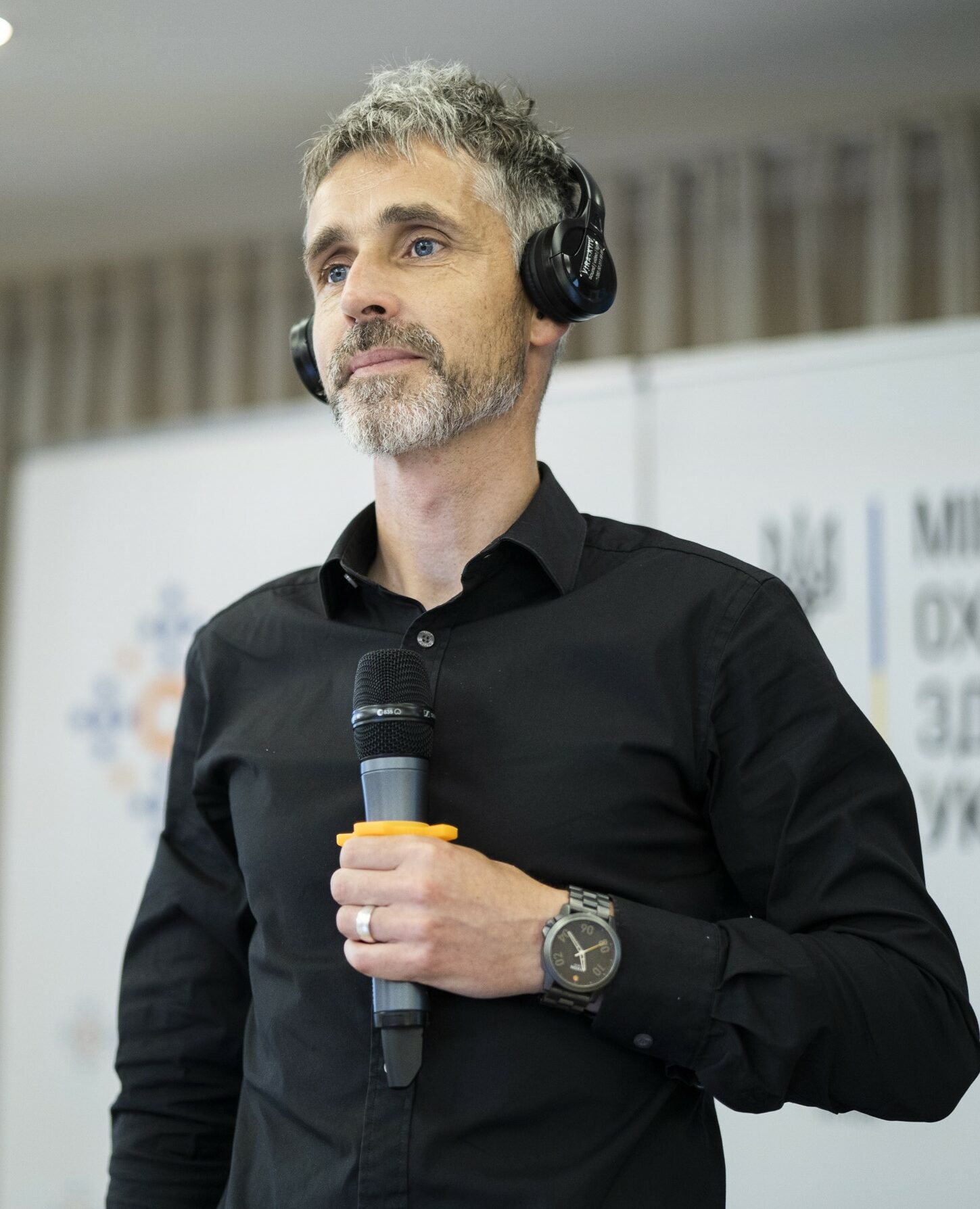
Cois Coiribe: Can you take us through an average week as a senior technical consultant for the World Health Organisation?
Rory Moses McKeown: A typical week may start from my remote office in Dún Chaoin in Corca Dhuibhne (Dingle Peninsula, West Kerry). Although my head office is in Geneva, I have been fortunate enough to be able to work remotely for the past 10 years – even before it was a thing. When in Ireland, I split my weeks between working from home and renting a co-working space in the Dingle Hub which gives me a great sense of balance.
My work is hugely varied. A big part is supporting the development of WHO’s global guidance on drinking-water quality, through engagement and capacity building with partner organisations and national governments – all of which would feature in a typical working week.
My work also includes a fair amount of travel, which is not easy from West Kerry. On any given week, I could be travelling to countries within WHO’s six regional areas across the globe.
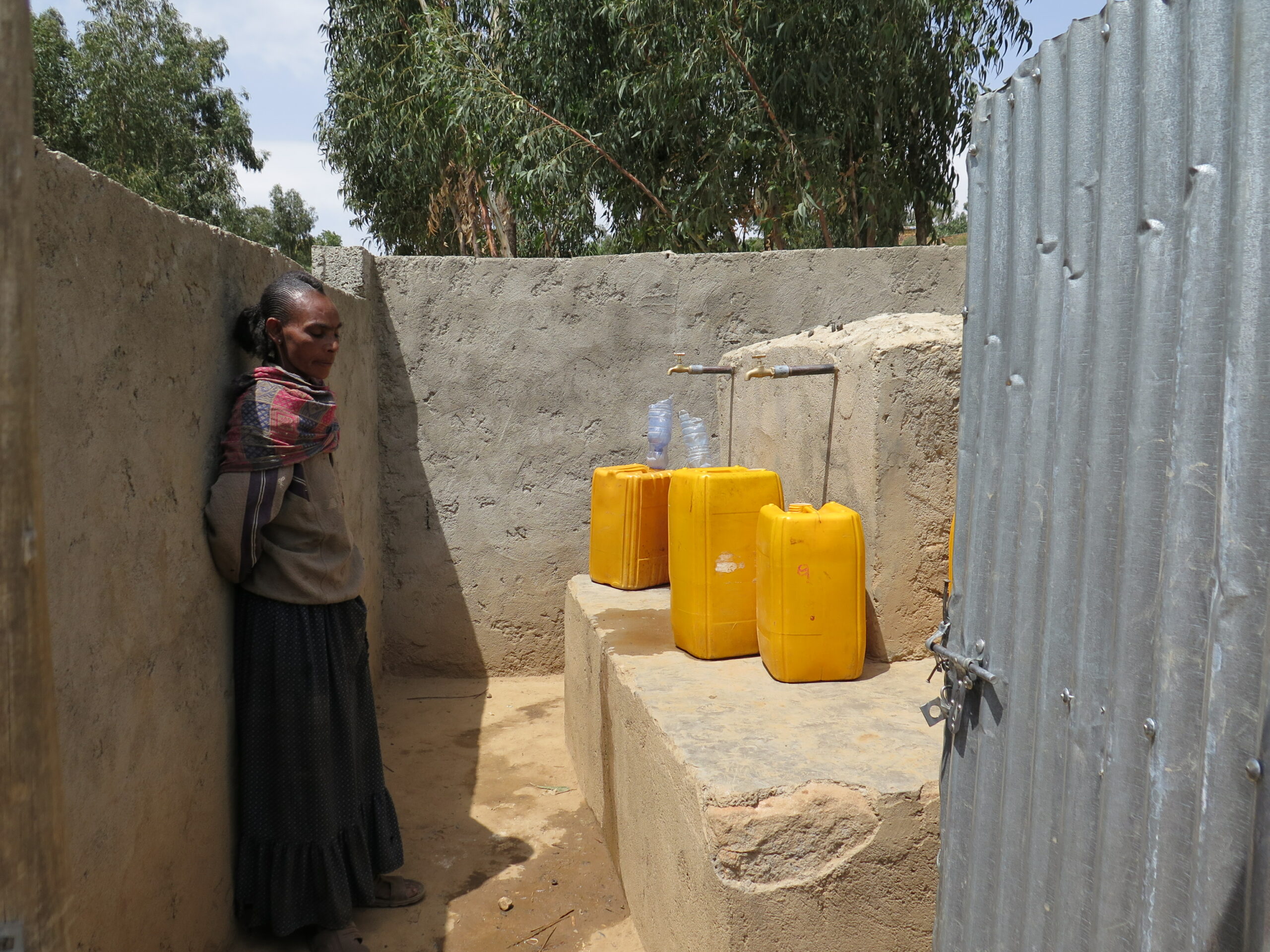
CC: As a consultant, you raise awareness and advocate for global guidelines on water safety. What impact does this work have on policy formation?
RMK: WHO’s global guidelines offer evidence-based recommendations and a framework for safe drinking-water management. They are used by policymakers and public health authorities across the world to develop, monitor and evaluate these safe drinking-water management systems. WHO guidelines are considered a point of departure for national health authorities to adapt and contextualise for the country’s needs and health priorities. In many cases, countries will have policy instruments in place and existing institutions. It can take time to work with all stakeholders and institutions towards change, but that change is a very rewarding part of the job.
My work would vary according to the country context and support needs. For example, in some of my support work, I have helped with the development of national strategy for drinking-water quality in Madagascar. We have also supported Bangladesh, Ethiopia, Liberia, Mali and Nepal in introducing and scaling up risk-based approaches to water supply management. So in that case, we’re working on development on scaling. This can be quite different from the work we do in, say, Ukraine. We have provided support to Ukraine on safe drinking-water supply management in emergency and conflict contexts, as well as supporting planning efforts for the recovery phase. My work focuses mostly on African, South-East Asian and European Regions.
CC: As a fundamental human need and basic human right, SDG 6 (Clean Water and Sanitation) traverses several other SDGs (for example, poverty, reduced inequalities, good health and well-being). Can you explain some of these overlaps?
RMK: SDG 6 really is central to the attainment of all SDGs because it addresses such a fundamental aspect of human well-being, that is clean water and adequate sanitation. This link is clear for goals such as SGD 3 on good health and well-being. However, SDG 6 can be indirectly linked to all SDGs. For example, unsafe drinking-water can result in increased burden of disease, which leads to children missing school or adults being unable to work and provide for their families. Situations like these ultimately affect other SDGs in turn, including those relating to education, decent work and economic development, poverty and hunger.
Similarly, women and girls are often disproportionately affected by the lack of access to water and sanitation, and closing this gap would contribute greatly to achieving SDGs centred on gender equality and reducing inequality overall. Adequate sanitation also is critical to ensure environmental protection, which contributes to the SDGs 14 and 15 (Life Below Water and Life on Land). I could go on, but the point is: it’s hard to see how the global community could achieve the ambitious SDG targets as a whole, if SDG 6 cannot be realised.
CC: How has your work adapted to consider emerging challenges in the last 10 years, including those relating to climate change and inequalities?
RMK: Water is truly at the centre of the climate crisis. Many of the countries that I have visited are experiencing the worst effects of climate change, despite contributing the least to global CO2 emissions. The impacts from climate change on water quality and quantity have been a significant driver for the uptake of the risk-based approaches to safe drinking-water management that WHO advocate for.
WHO have broadened our risk-management guidance in recent years to consider the growing uncertainties that water suppliers experience in facing a changing climate. Guidance today helps countries to identify all threats to safe drinking water supplies, including those arising from current and future climate impacts. One of the main tasks for us is to help identify those priority needs, so that limited resources can be used more effectively to progressively strengthen the resilience of water supplies.
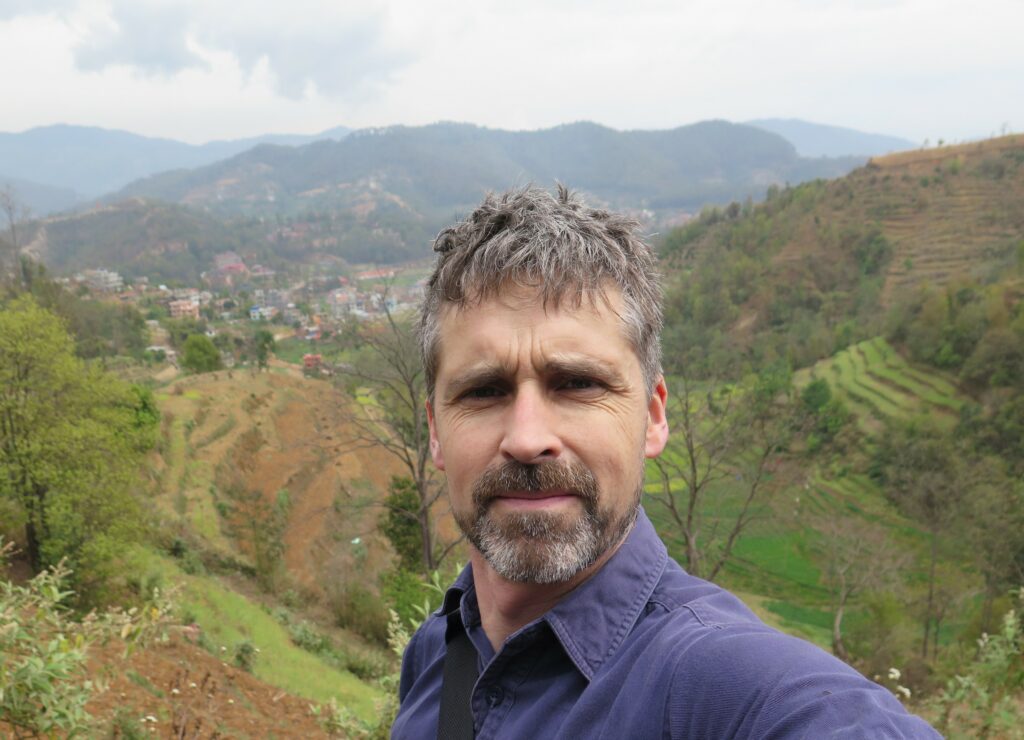
Inspecting catchments to support risk management of urban water supplies, Mukundapur, Nepal.
Given that the promise of the UN’s 2030 Agenda for Sustainable Development is to “leave no-one behind”, a light has been shone on the disparity in access to safe drinking water. One example is the disparity between rural and urban settings. Even within urban settings, people in informal settlements may have to collect, transport and store water at household level – often at higher prices. That is a very different experience to those fortunate enough to have a safe and continuous water supply direct to their home.
Over the last number of years, these growing needs from Member States have greatly informed our work. Our goal is to ensure that the full diversity of water users – including the disadvantaged – have equitable access to more resilient, safe and affordable drinking-water supplies, meeting their domestic and health needs.
CC: Did your interest in this kind of work first emerge as a University of Galway student?
RMK: I felt lucky as a student to understand the science of water safety, knowing how fundamental it is to human life. I started to understand the microbiology underpinning wastewater treatment process, and the consequences to public and environmental health when these processes fail, or are absent to begin with.
During this time, between visiting researchers and international conferences, I gained excellent insights and networking opportunities to better understand the importance of safe drinking-water management and adequate sanitation, with regards to public health protection. My time at Galway was instrumental in confirming where my interests lay and opening up opportunities to guide me on this career path.
CC: What should our readers know about the future of water safety, and what role can the island of Ireland play in this future?
RMK: Aside from climate change, on a global scale, one of the most concerning trends that I have witnessed over my career to-date is the emerging role of water in conflict. Water plays a crucial and multifaceted role in conflicts. Factors like changing climate, economic development, population growth, urbanisation and migration put increasing pressure on regions of the world where water is already scarce. These competing demands, coupled with mismanagement, are increasing tensions and disputes both within countries, and internationally (where transboundary management issues may arise).
Water is also increasingly being weaponised in conflict contexts, where intentional or inadvertent damage to water supply infrastructure or critical power sources impacts significant numbers of the civilian population. The UN recognises access to safe, acceptable and affordable drinking-water as a fundamental human right. And these trends concern me the most. In order to resolve water-related conflicts, significant diplomatic efforts are needed to foster collaboration and agreement between the many actors involved with competing viewpoints.
I feel that as a neutral country, and given our prior standing on the UN Security Council, Ireland has strong global standing to contribute to global stability and security, including where water is concerned. We have a platform here that should continue to be used for active engagement in international affairs, through diplomatic means and contributions to global peace efforts.
Disclaimer: The views expressed in this article reflect the interviewee’s, and do not represent the views of the World Health Organization.
SDGs discussed in this article:
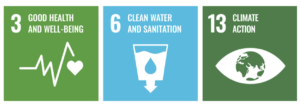
Profiles
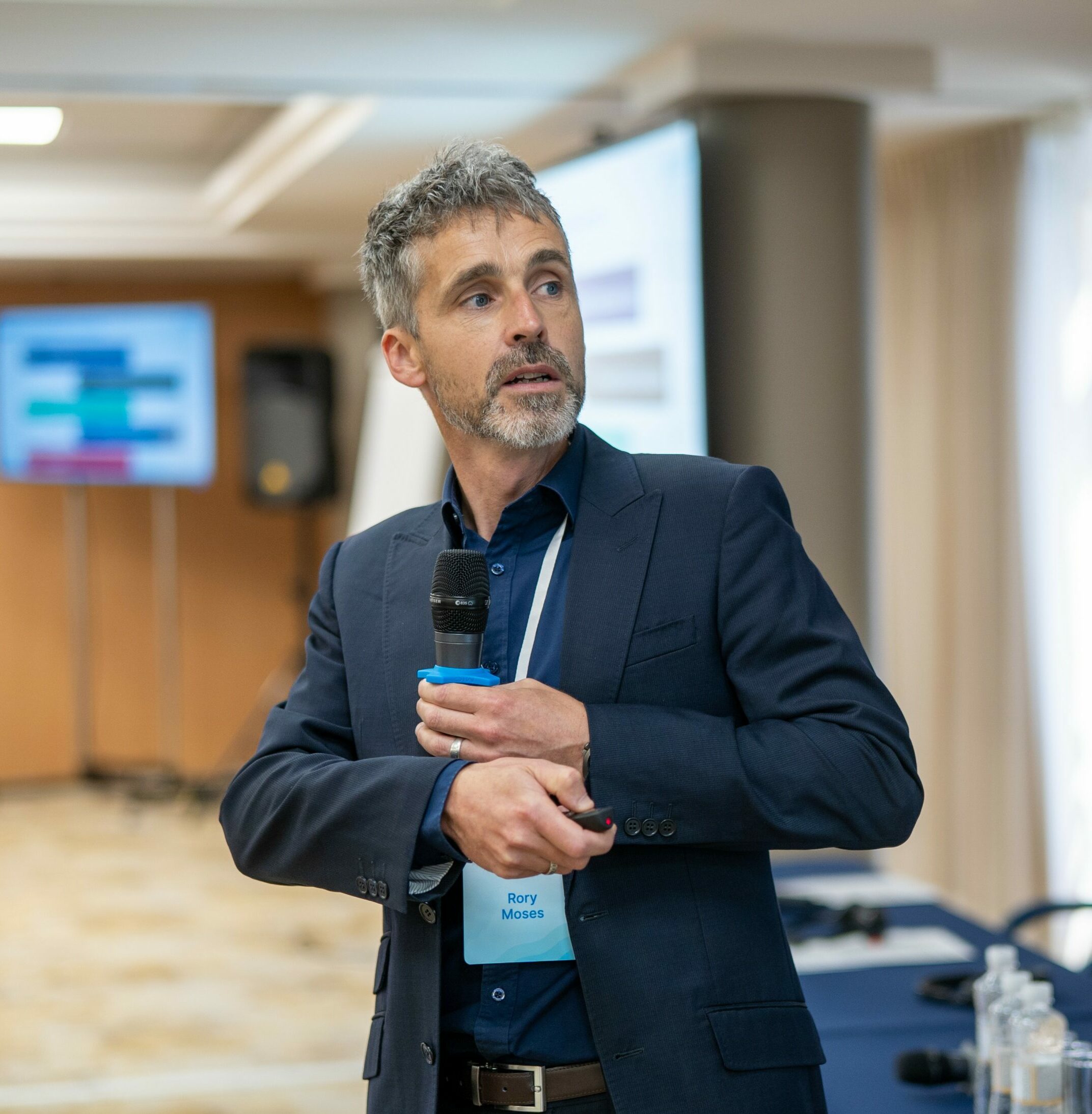
Rory Moses McKeown holds a PhD in microbiology from the Microbial Ecology Laboratory, School of Biological and Chemical Sciences and Ryan Institute, University of Galway, and has over 15 years’ experience in drinking-water quality and public health. He currently supports global drinking-water safety activities at WHO Headquarters in Switzerland, with a focus on water safety planning for enhanced climate resilience. Prior to this, he has worked in the water industry in Australia, and as an academic in the field of environmental microbiology.